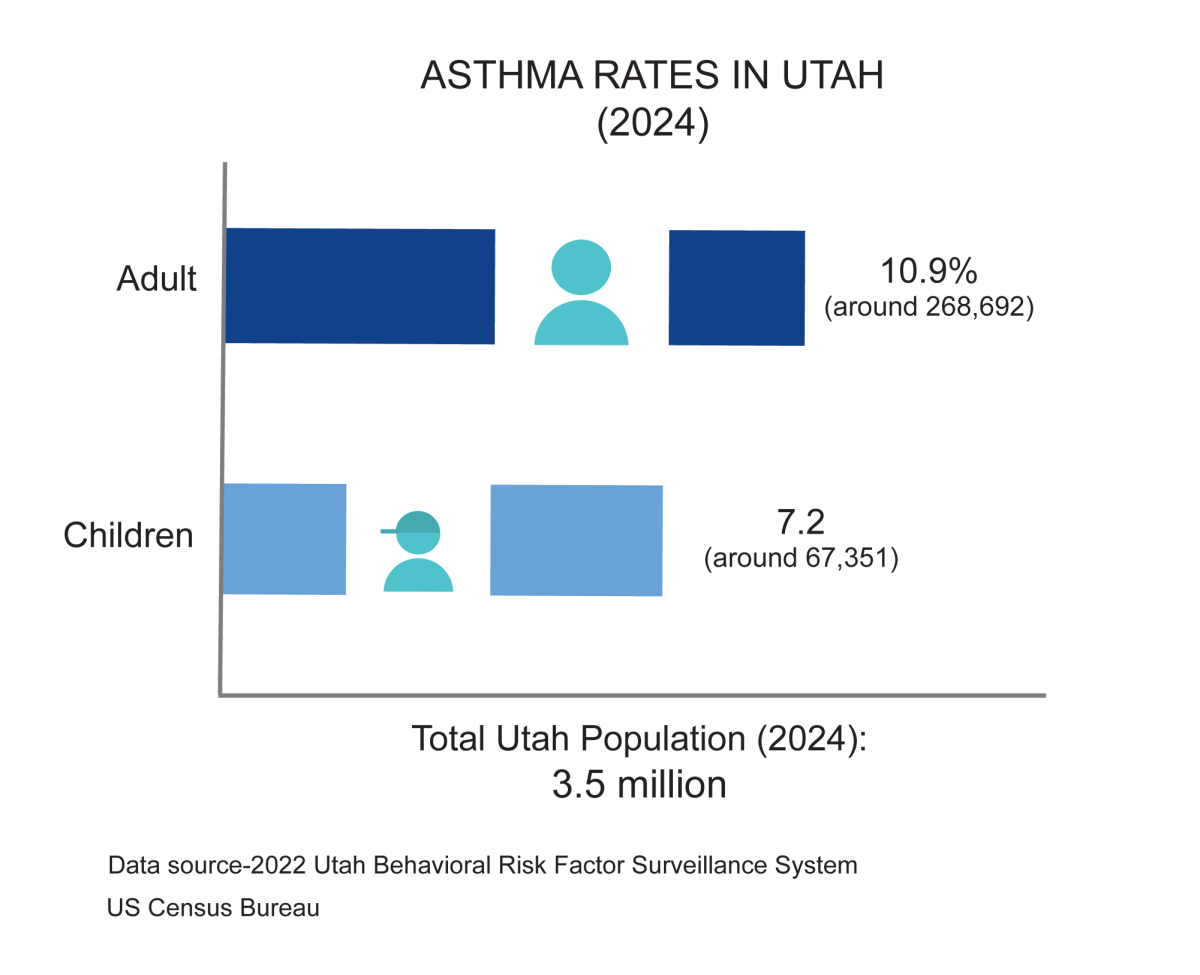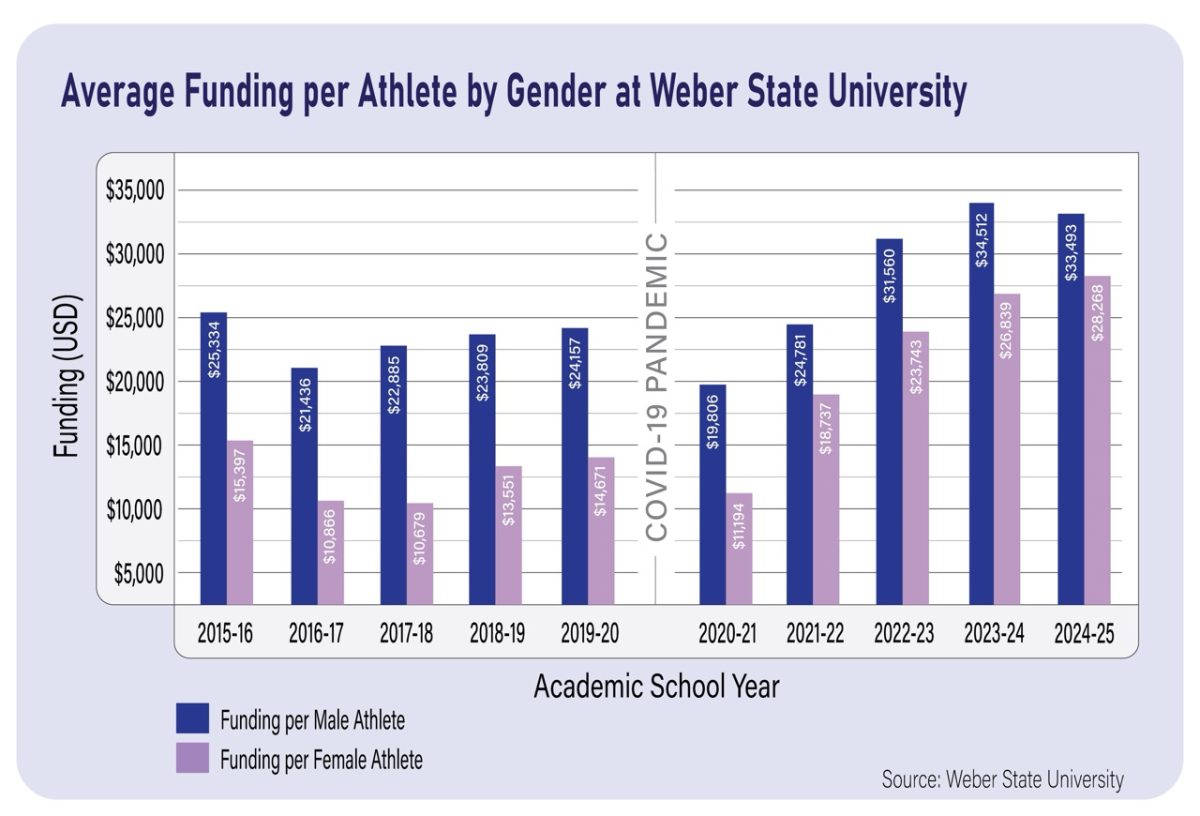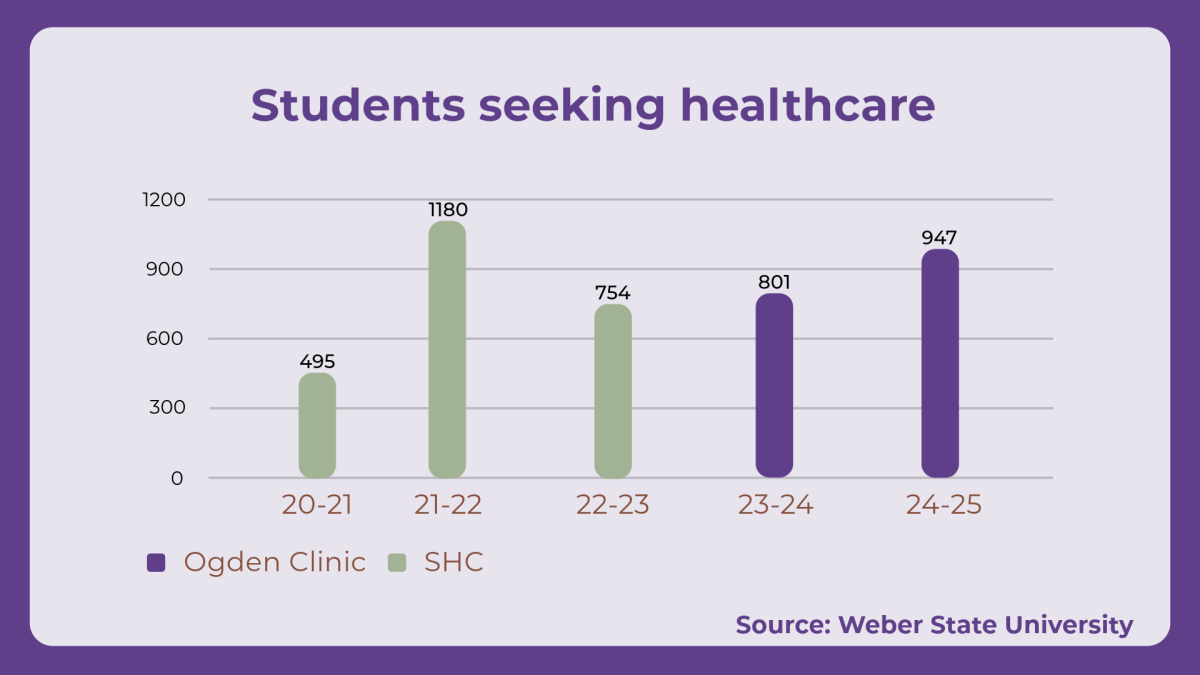 [/media-credit]On May 24, Weber State University’s department of continuing education opened its new Center for Continuing Education, which houses professional development and the police academy.
[/media-credit]On May 24, Weber State University’s department of continuing education opened its new Center for Continuing Education, which houses professional development and the police academy.The opening featured a flag ceremony performed by members of the police academy, a ribbon-cutting performed by WSU President Ann Millner, and a Davis Chamber of Commerce after-hours event.
Continuing Education relocated this center from the Training and Learning Center in Layton to 775 S. University Park Blvd., adjacent to the WSU Davis campus. Bruce Davis, vice provost and dean of continuing education, said the opportunity for the relocation is ideal and suits the needs of continuing education better, because the new building provides broadband Internet and is broken up into five classrooms.
“We knew this building would be better than the other office building for our programs,” Davis said. “We can do so much more here, provide such a better experience.”
The proximity to the Davis campus allowed for a hard-wired broadband Internet connection. Now students can effectively use the new 40-person computer lab, where computer monitors can retract into the desks for a more traditional classroom experience.
“This new building has far better Internet connectivity,” said Shari Feekes, program secretary of the police academy. “That was a problem before because we try to use Canvas to deliver our class materials. In the old building, if the whole class would log online, it would run horribly slow.”
In addition to the Internet upgrade, the new center includes many new additions for the police academy, including locker rooms and showers, a padded tactical room, a simulation room, and more.
Feekes said the Training and Learning Center, where the police academy was previously housed, also had a tactics room — a padded room where students can train. The Layton Police Department donated the simulation unit, according to Feekes.
The simulation unit uses a projector to project images and videos of potential situations students might face as police officers. A simulation gun is hooked up to the projector and, while crimes are in progress, the students must decide what appropriate action to take.
“It’s not always shooting,” Feekes said. “It’s sometimes telling someone to stop or step away. It’s kind of to give them a simulation of not just when they should pull their gun and shoot, but also situations when that’s not appropriate.”
Rickards said the simulations help instructors determine each cadet’s strengths and weaknesses and thus where they need more training.
The simulation unit is one of many pieces of training equipment donated to the police academy by local police departments. Feekes said that since bulletproof vests have to be discarded for official use after five years, multiple police departments have donated old vests to the academy for training.
This police academy was the first satellite academy in Utah, founded in 1984. It originally was located in a house south of the Dee Events Center that had been built in the 1940s. In 2010, the police academy relocated to the Training and Learning Center, and now just moved again.
“Of all the satellite academies we put through more people than any other and we have a very high hire rate,” said Jack Rickards, director of the police academy. “I think the better the facilities, the more modern, the better connected they are in terms of technology, the greater the likelihood we’ll have more cadets come our way.”
Davis said WSU is unique because it houses this police academy. According to Davis, other colleges around the state aren’t involved like WSU is in police training.
“The university has said that the police academy is a priority and they want us to have a professional building and one that represents the university in a positive and professional manner,” Rickards said.
In addition to the police academy, the Center for Continuing Education provides professional and industry training. Companies contract with the center to provide specified training to their employees.
“We do a lot of training in quality management, supply chain management, whatever that business or industry might need,” Davis said. “We’ve done a lot of leadership and supervisory training for Hill Air Force Base personnel, and this location is great because it’s right across from Hill Air Force Base and this new Falcon Hill Development that’s going on in the west side of the Bay.”
This training is compiled of non-credit courses contracted by individual companies. Davis said not as many students as he has hoped continue on from professional training to pursue degrees at WSU, but that it is still a good way to introduce members of the community to WSU and get them involved.
Many aspects of WSU life and educational processes fall under the department of continuing education, including WSU Online, Chitester, concurrent enrollment, early college programs, evening and weekend classes, off-campus centers, study abroad and international programs, and teacher professional development.
Davis said WSU has taken on a dual community college and university mission to help students get whatever certification, degree or education they need in the most convenient way possible.
“Some people say, ‘Well, convenience sounds trivial,’” Davis said. “But I think for some folks it’s the difference between getting a degree and not getting a degree. If you work during the day or live far away, it’s a matter of being able to take the classes you need.”
Davis said WSU, and particularly Continuing Education, caters to the needs of the average nontraditional student at WSU by offering more nontraditional times, places and molds of learning to create a unique and successful educational experience.



















